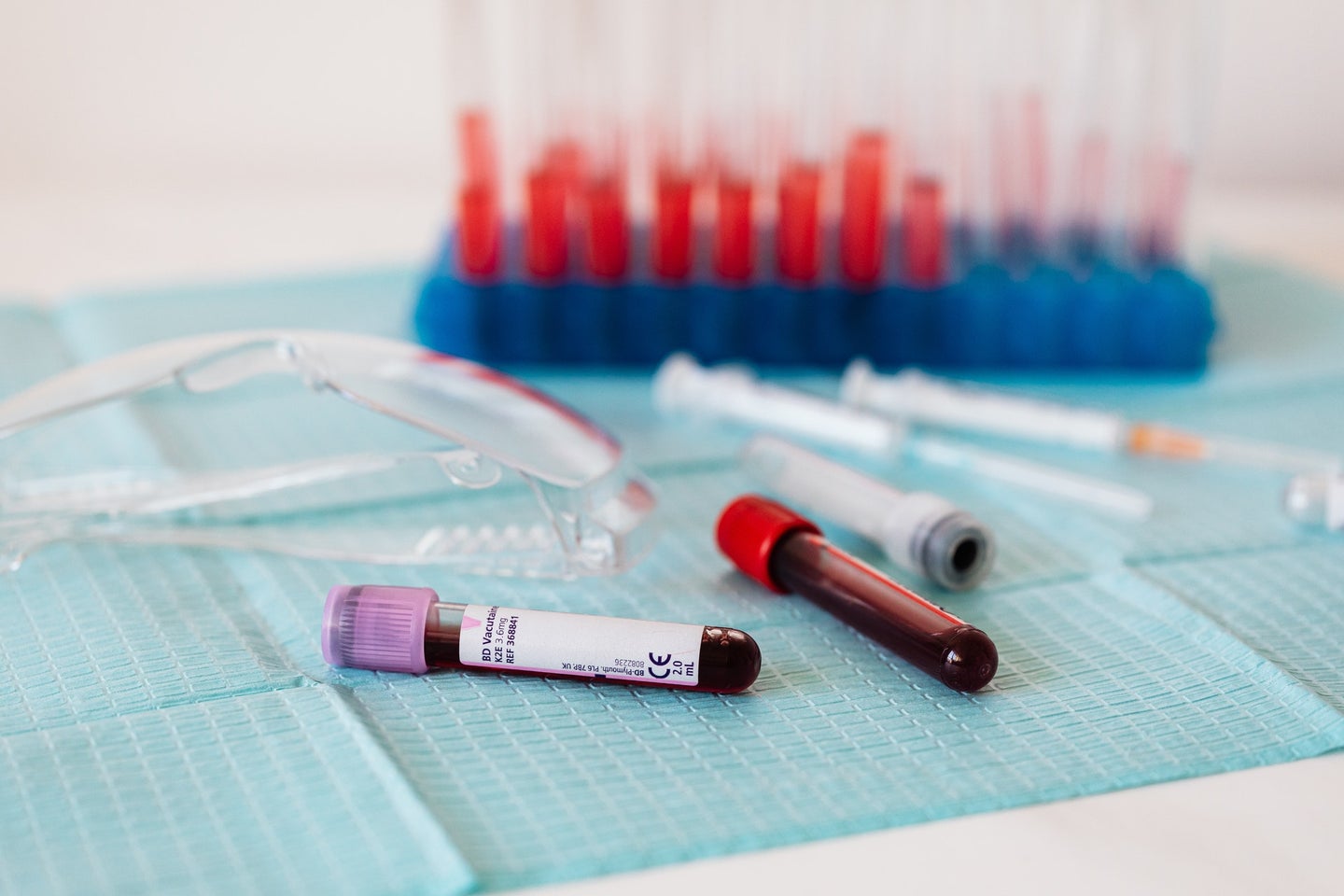The CDC clarifies that COVID-19 immunity and antibodies are still a mystery
New guidelines on quarantining send a mixed message.

Follow all of PopSci’s COVID-19 coverage here, including tips on cleaning groceries, ideas for hosting a virtual party, and the argument against using valved masks.
Update: This post has been amended to reflect clarification from the CDC.
On Friday the Centers for Disease Control and Prevention (CDC) updated its guidelines for quarantining to prevent the spread of COVID-19. Most notably, the agency now excludes “people who have had COVID-19 within the past three months” from the need to self-isolate after coming into contact with individuals infected with the virus. This guidance does not apply to people who have recovered and then develop symptoms again; the CDC still recommends they get tested to rule out an ongoing or repeat infection.
While the guidelines appeared to imply that recovered COVID-19 patients could assume they have some immunity to the virus for 90 days, the CDC released a statement later on Friday reiterating that the immune response to virus is still largely unknown:
According to the agency, the updated guidelines don’t refer to a person’s likelihood of catching the virus that causes COVID-19, but rather to the likelihood that testing them for re-infection might not yield accurate results.
When you get a cold, the flu, or another virus, cells within your adaptive immune system design antibodies to find and kill it. Antibodies remain in your body once the virus is gone, and they recognize the invader if it mounts a repeat attack, making you far less likely to get sick from the same strain a second time.
But that doesn’t mean you’re invincible to infection forever; viruses can mutate to the extent that your immune system won’t recognize them anymore, and antibodies can also fade over time. While immunity to measles and the chicken pox typically lasts for life, researchers have found that several types of coronavirus—a family that includes both the virus that causes COVID-19 and some that cause the common cold—are able to infect the same host repeatedly within a short period of time.
SARS-CoV-2, which first emerged in Wuhan, China, at the end of 2019, has not existed for long enough for scientists to be certain of how long recovered patients maintain immunity. But it does appear unlikely, albeit not impossible, that individuals can get infected twice in a 90-day period. One recent study found that antibodies tended to drop by half around the 2.5 month mark, while another showed that 90 percent of recovered patients maintained some antibodies after three months.
According to Friday evening’s update, the CDC isn’t taking a stance on how long immunity lasts—which is reasonable, given the uncertain state of scientific evidence on the matter. While it’s currently thought to be unlikely that someone could catch COVID-19 twice in short order, the one thing we know for certain is that a recovered patient might test positive even if they hadn’t actually caught the virus for a second time.
Regardless, the CDC’s new guidelines don’t mean that people who’ve recently had COVID-19 can or should be careless.
For one thing, it’s important to remember how little we know about what recovery from the disease actually looks like. While the CDC recommends that people who suspect they have COVID-19 isolate themselves for just 10 days after symptoms appear—or once their symptoms have improved and they’ve spent 24 hours without a fever without taking medication, if they’re sick for longer than 10 days—doctors are increasingly aware of patients who suffer the effects of the virus for months, and sometimes inconsistently. It’s not clear why these individuals stay sick for so long, let alone how their ability to spread or catch COVID-19 is affected. Indeed, the CDC does recommend testing for recovered coronavirus patients who begin to show symptoms again, even within a 90-day period after their first positive result.
It’s also unclear how long people who are asymptomatic can spread COVID-19, since the majority of mild and asymptomatic cases have likely gone unconfirmed by testing. There are also some indications that less severe cases of coronavirus might result in weaker antibody protection.
In other words, there’s no guarantee that people who’ve recently had COVID-19 can’t spread it or catch it. The CDC still recommends that recovered patients continue to practice social distancing, wear face masks when interacting with people from outside their households, and wash their hands frequently.
More than 167,000 people had died of COVID-19 in the US as of Friday afternoon.
